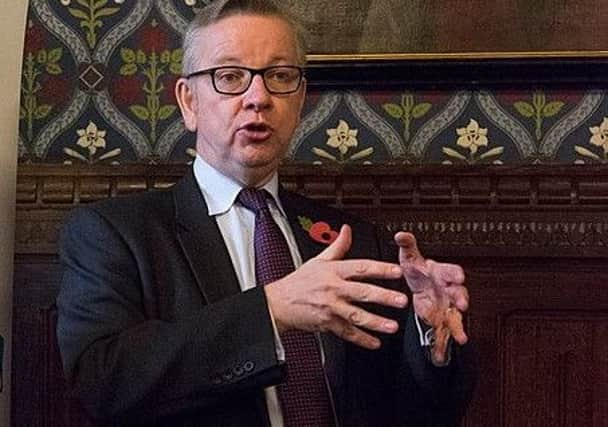No evidence of radical thinking in London


At one level this is a daunting prospect. The negatives are that we will lose the certainty of direct payments and the influence of pro-agriculture member states; it is also open to question whether Northern Ireland can maintain payments far ahead of the UK average. These were based on how past CAP premium supports were converted into direct payments. However the positive is that we could have a new policy, tailored to UK needs without the baggage carried forward from past support regimes.
The key question is whether there are any signs the government is moving in that direction. On that question the jury is still very much out. There is no evidence of imagination or radical thinking in London, at least so far as agriculture is concerned. This is in stark contrast to what politicians supporting leave promised before the EU referendum in June 2016. The talk then was of a simpler support policy, tailored to the needs of UK agriculture and underpinned by a desire to have a technically productive, globally competitive farming industry.
Advertisement
Advertisement
Instead what we are being promised is a green Brexit. The government wants its farm support policies to deliver what it identifies as public goods. This is about environmental standards, but in this catch-all approach lies the danger of a new joined up thinking failure. It is all very well setting environmental priorities, but they have to fit with the practicalities of farming. If, as now seems to be happening, the government’s agenda is dictated by the green lobby and politicians’ guess as to where votes lie, we will end up with the same policy conflicts as the EU. We will be trying to use an agricultural policy to deliver everything from public footpaths to climate change mitigation, while forgetting that most countries support agriculture to guarantee a domestic food supply.
This has to dash hopes that the CAP would be swapped after Brexit for a policy with farm productivity and profitability as its foundations. Out too is the link between farm support and food production. This was the basis of the CAP, and indeed the old deficiency payments model in the UK up until we joined the EEC in 1973. Politicians now seem to view the food supply as unimportant, and certainly less important and vote grabbing than green policies. In a politically uncertain world that is a stance the government might regret if we experience shortages on supermarket shelves, because politics has affected trade.
With a completely new support model we had a unique opportunity to deliver what is often dubbed joined up thinking. We could have identified clear priorities for farming, rather than trying to use farm support to deliver other outcomes. When the EU does this with the CAP it ends up with conflicting results. An example is its plan to boost protein production to reduce reliance on imported soya. At the same time it wants to curb the use of land for biofuels, despite a by-product of that process being protein for livestock feeds. Brussels has also given into the green lobby by banning pesticides on environmental focus areas under greening, which undermines growing protein crops on this land. The CAP has many conflicts like this, which are the product of years of compromise.
The UK had the opportunity to be different, but it is falling into the same trap of trying to use what should be a farming policy to deliver different outcomes. It is acceptable if these are by-products of a policy to maintain farm incomes and food production, but the government is doing this the other way around. The main aims will be the by-product of an environmental policy. That is not what farmers expected when they supported Brexit, and it is not what they were promised by politicians.
Advertisement
Advertisement
We are being offered a green support structure, driven by groups that oppose many of the techniques that would deliver a productive, globally efficient agricultural industry. This week we have had Michael Gove, the architect of the term green Brexit, talking about a blanket ban on the live export of animals. This is on grounds that he wants the UK to have the world’s highest animal welfare standards. Such thinking will no doubt go down well in his own south of England constituency. What is less clear is how these higher standards would translate into additional income for farmers.